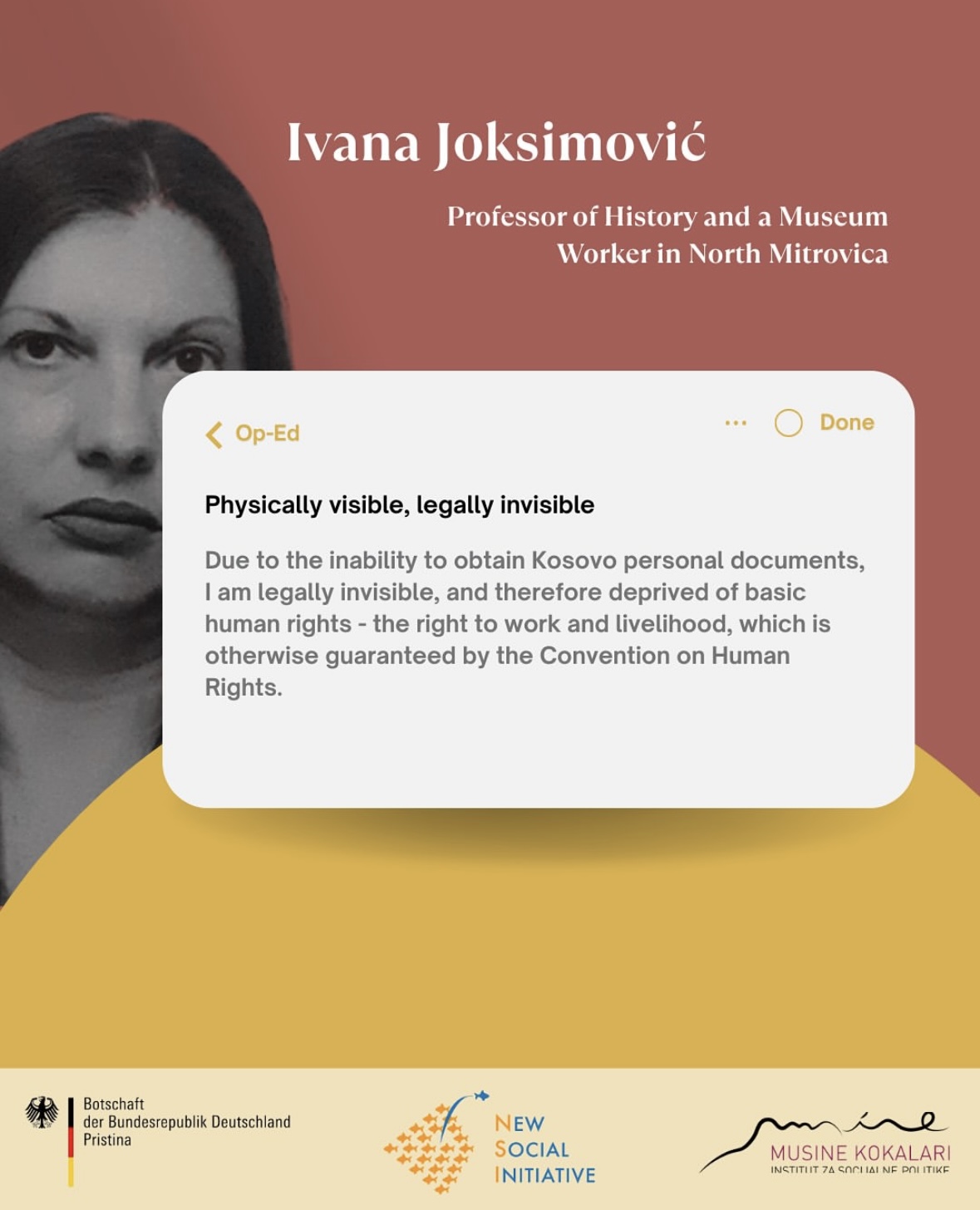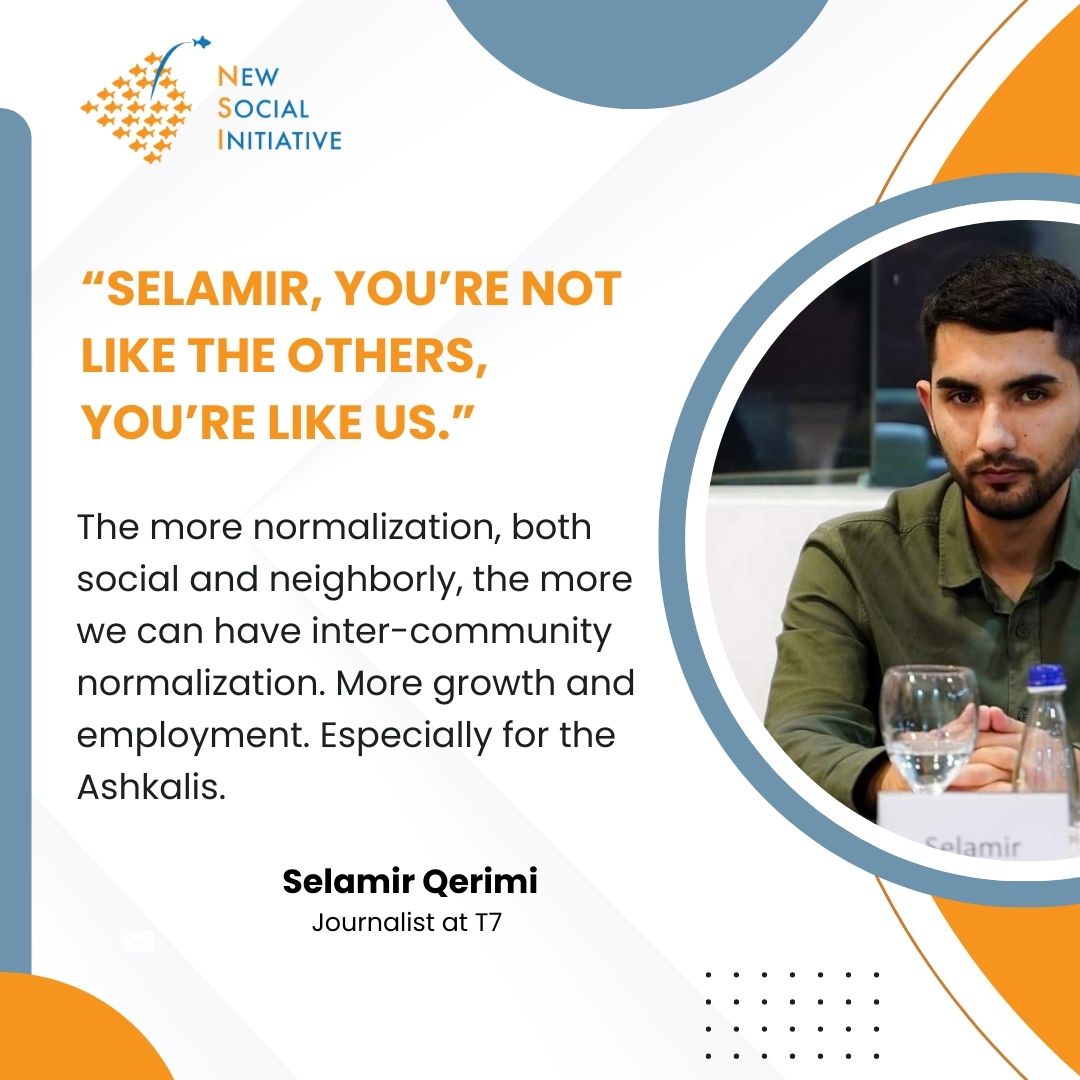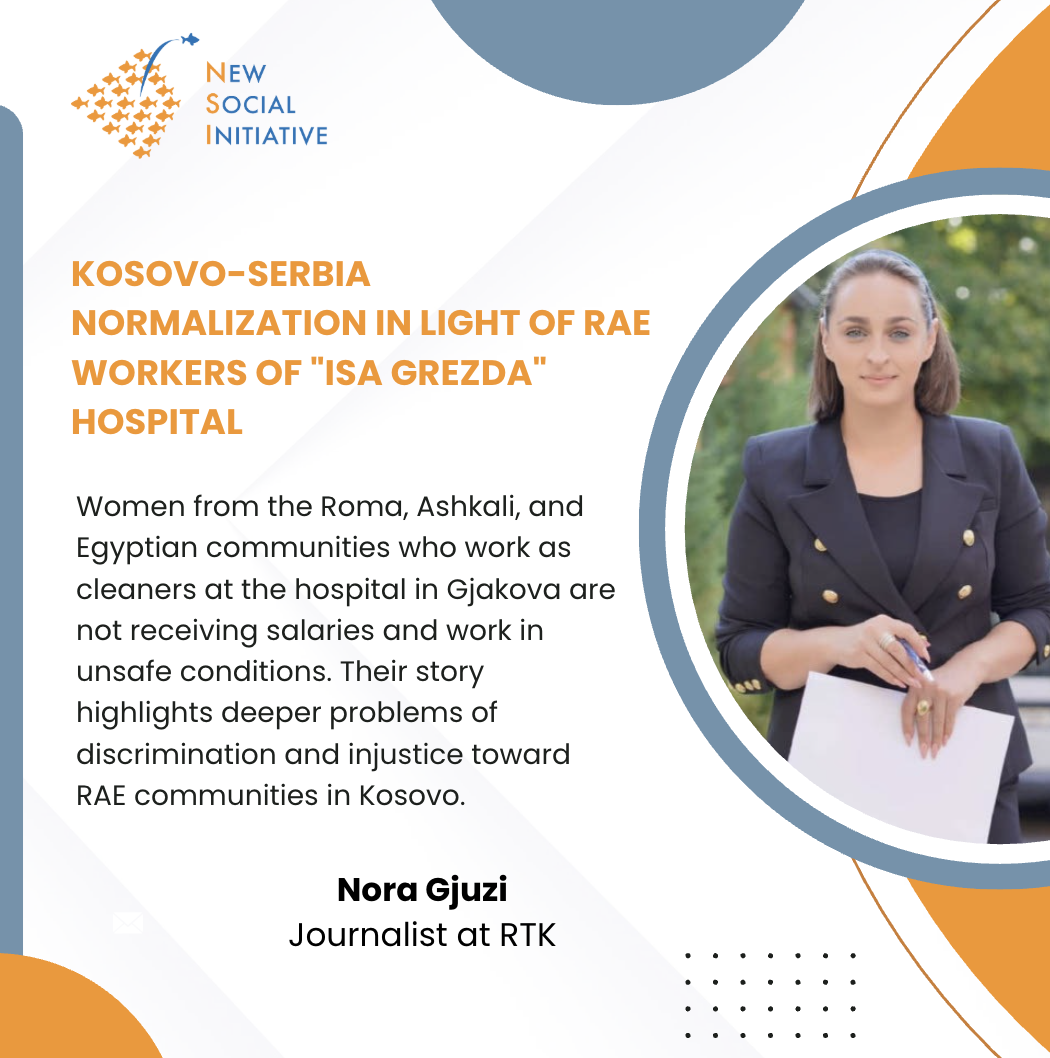What effect does the legitimacy of a particular group have on the prospect of democratic reform, a hegemonic narrative of how a new state was formed, and the role that this particular group played in its creation? Over time, how are underlying narratives discussed and adapted?
These narratives became rooted in institutions, especially within the political parties and veterans ‘organizations, and used their respective ownership claims to capture power and resources over fundamental legitimacy. Owing to the nature of fundamental myths existing, as both victims and victors in their respective independence war, Kosovo war veterans were often unable to come to terms with their third position as potential perpetrators. ‘Cultures of victory’ can be divisive and disturbing forces in any postwar society. But they are particularly troubling in the context of establishing new states, such as Kosovo. This is because, in a war of secession leading to independence, the nature of ‘victory’ is intended to play a central role in the creation of theories about the birth of a new state. Such victory narratives are, in fact, becoming key components of basic myths mentioned in school history textbooks, celebrated on holidays, and engraved on memorials.
There are major incentives for groups that played a leading role in the war to claim foundational legitimacy as ‘memory magnates, since it can be rapidly converted into political and economic power as well as social prestige. For the same reasons, the organizations that played this leading position have used their fundamental authority as a tool to combat rivals in the fight for political and economic power. It is possible to portray any criticism aimed at them as an affront to the struggle for independence itself, a high wall to be overcome and one that can easily be used to suppress dissent. A valid argument can be used in the worst-case scenario for the development of liberal democracy to marginalize and exclude critics from active participation in political life
These dynamics have been a characteristic of political life since Kosovo’s liberation, de facto semi-self-rule after NATO’s intervention in 1999 and a declaration of independence in 2008, in which individuals and groups have instrumentalized claims of fundamental legitimacy in order to solidify their political roles, extract state resources, cover up corruption, and prevent substantial steps toward reconciliation initiatives. In Kosovo, war veterans are seen as war heroes, brave defenders who have taken up arms to throw away long years of repressive Serb rule and achieve the ultimate goal of independence. For some of them, however, the independence for which they fought did not turn out to be exactly what they dreamed of 20 years ago.
The Kosovo governments were never ready to neutralize the negative impact of the Organization of War Veterans and the group of war Invalids and their power relations approach over their supreme sacrifices. All these post war years, their social protection was not the best, but it is unmatched by other social groups in need. Total protection assistance budget amounts to 6% of GDP, and this is mainly for the pensions of old age and war veterans, which undermines the reliability and fairness of the social benefits system and motivates other specific groups (such as poor and victims of war) to seek similarly generous allowances.
The former governments found it more necessary to subsidize Kosovo war veterans than to introduce an organized, strategic social policy program.
The advantages of war veterans continue to pose a threat to public finance, and the situation is further compounded by the fact that it is generally accepted that the number of veterans who are eligible for compensation has been deliberately inflated, if they are verified as war veterans. The Kosovo government has spent over $2 billion on payments to war veterans over the past two decades (currently 46,000), money that Kosovo has earned primarily from the United States, the European Union and the IMF. In the past, the former organization of war veterans has repeatedly questioned the legitimacy of democratic institutions while reconciliation steps were being taken against Serbia, such as during the “normalization” talks aimed at enforcing the Brussels Agreement.
In recent events, we have seen how powerful and destabilizing war veterans can be as they caused an institutional crisis that prompted special prosecutors to fill charges against representatives of war veterans on the occasion of three press conferences and other broadcast events, as well as via social media posts and that they will reveal details of certain (potential) witnesses. The War Veterans’ Group has opposed the prosecution in Kosovo of KLA veterans accused of crimes against minorities, thus inhibiting reconciliation. With wartime rhetoric and inflammatory ideological debates, people are increasingly becoming tired. The members of these veteran groups are just as politically diverse as the general public, so the emphasis on a political agenda has also generated the potential for controversy among the veterans themselves and their impact in the society.
In the near future, it should be a top priority for governments to take the issue of veterans seriously and to narrow the sphere of their political maneuver. Maybe this will be possible only when a caste of new political leaders takes the power, and whose background will not necessarily be associated to the recent war in Kosovo.
Nora Ahmetaj
Research on Transitional Justice










